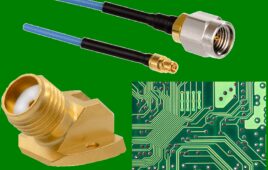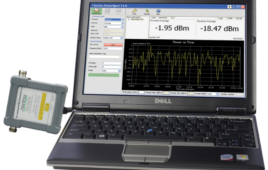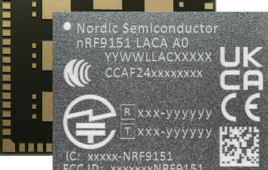Food and Drug Administration officials say they will begin regulating a new wave of applications and gadgets that work with smartphones to take medical readings and help users monitor their health.
With the rise of the iPhone, Android, and other mobile devices has come a flood of applications designed to help people stay healthy. Industry analysts estimate there are already more than 17,000 medical applications available, ranging from calorie counters to high-tech heart monitors.
The FDA said Monday that the vast majority of these health care apps don’t pose much of a risk to consumers if they malfunction, and will not be federally regulated. Instead, the agency will focus on a handful of apps that turn smartphones into devices, like a heart monitor, or medical attachments that plug into smartphones, like arm cuffs that measure blood pressure.
“Mobile apps have the potential to transform health care by allowing doctors to diagnose patients with potentially life-threatening conditions outside of traditional health care settings, help consumers manage their own health and wellness, and also gain access to useful information whenever and wherever they need it,” said Dr. Jeffrey Shuren, director of the FDA’s medical device center.
Most health-related apps are free and perform simple functions, like helping users keep track of their meals or calories burned exercising. But a growing number of companies are developing more complex apps and attachments that perform tests and functions once reserved for the doctor’s office.
These tools allow users to take photos of their eardrums, monitor irregular heartbeats, and even measure lung function. Many of these tools can cost $100 or more. Sales data is not widely reported, so it’s not yet clear whether patients and their doctors are embracing them.
FDA officials said Monday they have already approved 75 of these “mobile medical applications,” including 25 in the last year. Agency officials estimate that 500 million smartphone users worldwide will use some type of health app by 2015.
Last year the FDA approved the sale of a $199 heart monitor from AliveCor. The attachment snaps on like a smartphone case with finger electrodes that measure the user’s heartbeat. Hold the device for 30 seconds and it delivers an approximate EKG reading, an essential medical test that checks for problems with the heart’s electrical activity. Patients can email the reading to their doctor for analysis.
Other applications in development would allow patients with asthma to measure their lung function by blowing on their phone, rather than using special machines usually found in doctors’ offices.




